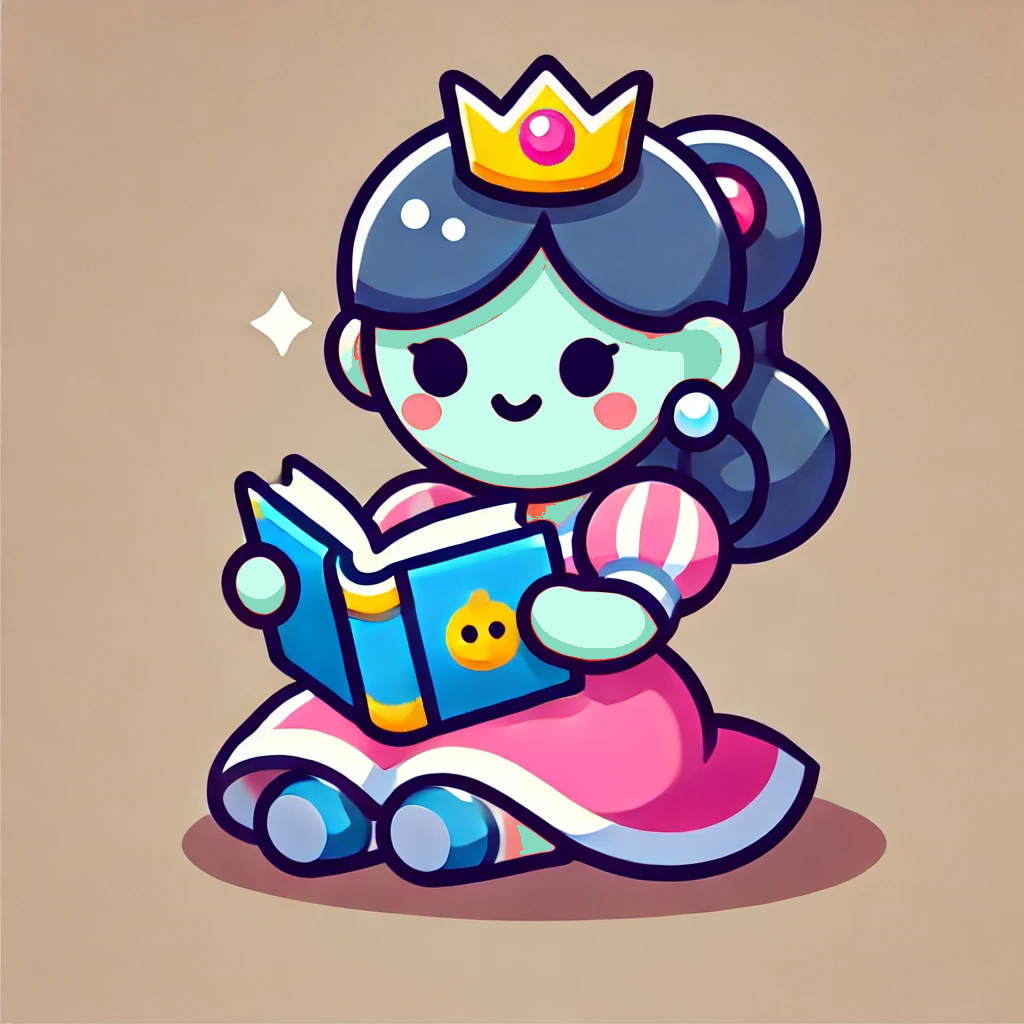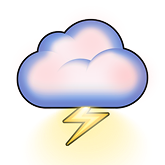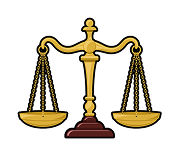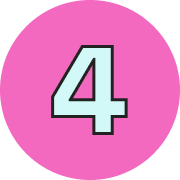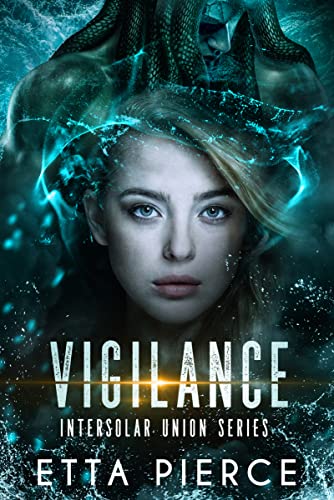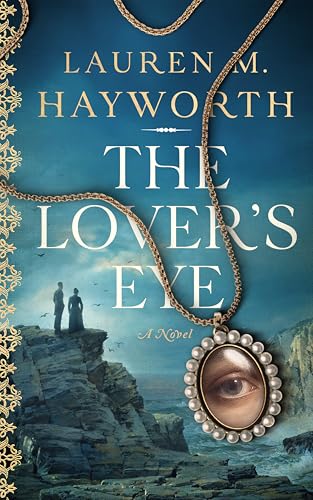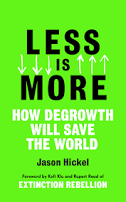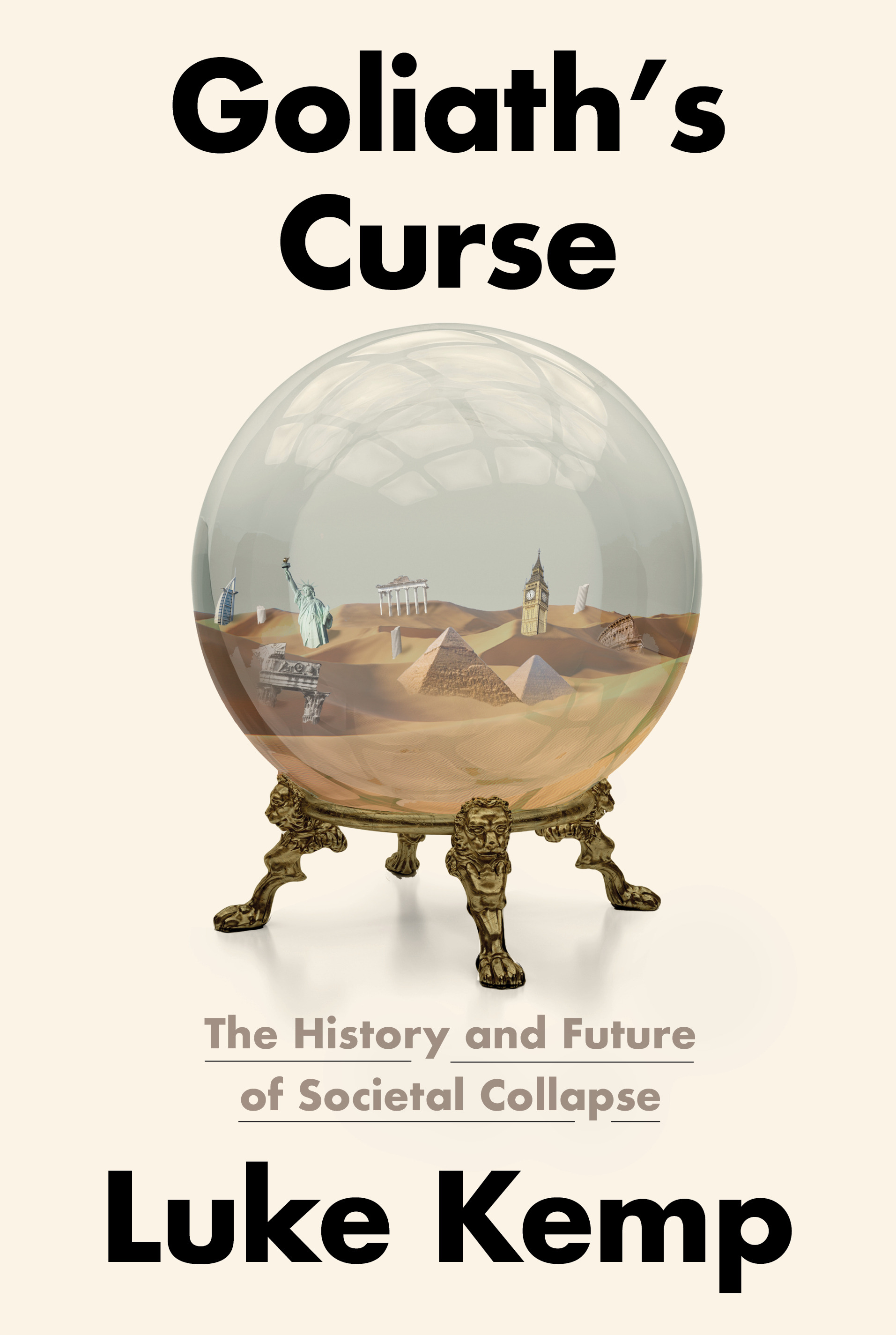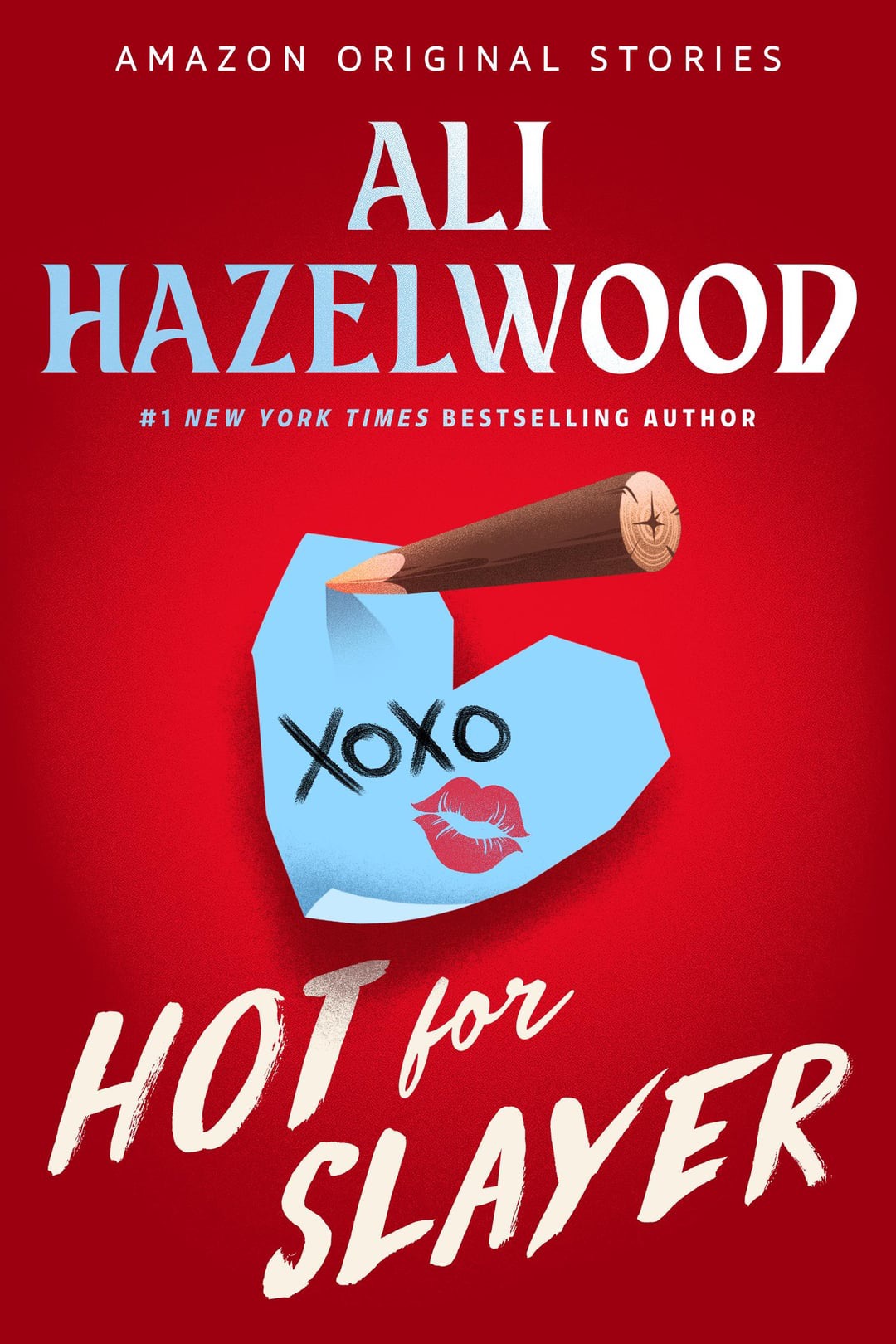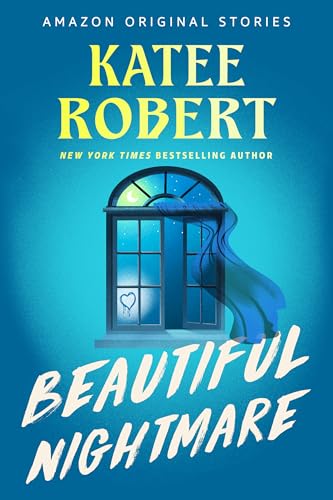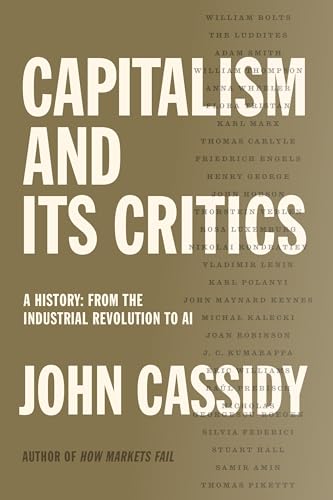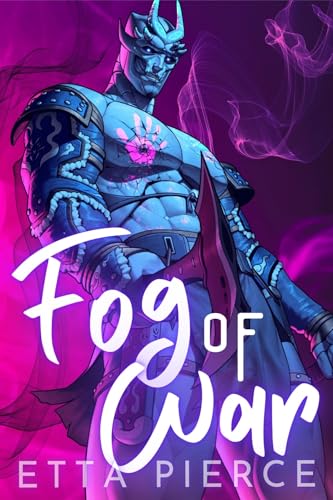BooksErgoSum finished a book

Black Skin, White Masks
Frantz Fanon
BooksErgoSum started reading...

Black Skin, White Masks
Frantz Fanon
BooksErgoSum commented on BooksErgoSum's review of Less Is More: How Degrowth Will Save the World
I’m sorry, incoherent gushing about this eco-socialism book, incoming…
Half of this book explains why “more is less,” aka what we’re doing wrong: ✨ why our current growth-reliant economic systems suck ✨why “green capitalism” will never be a thing—in theory or in practice ✨ the neo-colonialism and imperialism baked into mainstream environmental “solutions”
Half of this book explains why “less is more,” aka the solutions: ✨ guys!! HALF of the book is devoted to solutions?! ✨ global climate justice, wealth redistribution, and an eco-socialism that is just as fair as it is environmentally friendly ✨ real world successes ✨ connecting economics to environmentalism, climate science, and indigenous ecologists like Robin Wall Kimmerer
Like, hello?! This is the greatest environmentalism + socialist economics book of all time!
Hickel has a writing super power: he cites all the best ideas (there’s ~30 pages of citations in here, I’m in love 🥰 ), he synthesizes those ideas into something cohesive, and he’s somehow able to explain these ideas more clearly than the original author. WHAT IS THIS SORCERY?!
And then—this was just the most Amanda-iest Amanda Book of all time. Because he connected eco-socialism to philosophy: specifically the monistic metaphysics of Aristotle and Spinoza (rather than the dualistic metaphysics of Descartes, Francis Bacon, the foundation of liberalism, and even the metaphysics underpinning modern science itself). But please don’t let that scare you off—I swear this part was perfectly intro-friendly for non-philosophers.
I’ve never felt so seen by a book. If you want to know what I think about eco-socialism, this is it. This book is my holy grail book of all my thoughts.
BooksErgoSum finished a book

Open Veins of Latin America: Five Centuries of the Pillage of a Continent
Eduardo Galeano
BooksErgoSum made progress on...
BooksErgoSum started reading...

The Savage Detectives
Roberto Bolaño
BooksErgoSum started reading...

On Practice and Contradiction (Revolutions)
Mao Zedong
BooksErgoSum started reading...

Royal Assassin (Farseer Trilogy, #2)
Robin Hobb
BooksErgoSum started reading...

Open Veins of Latin America: Five Centuries of the Pillage of a Continent
Eduardo Galeano
BooksErgoSum commented on BooksErgoSum's review of Less Is More: How Degrowth Will Save the World
I’m sorry, incoherent gushing about this eco-socialism book, incoming…
Half of this book explains why “more is less,” aka what we’re doing wrong: ✨ why our current growth-reliant economic systems suck ✨why “green capitalism” will never be a thing—in theory or in practice ✨ the neo-colonialism and imperialism baked into mainstream environmental “solutions”
Half of this book explains why “less is more,” aka the solutions: ✨ guys!! HALF of the book is devoted to solutions?! ✨ global climate justice, wealth redistribution, and an eco-socialism that is just as fair as it is environmentally friendly ✨ real world successes ✨ connecting economics to environmentalism, climate science, and indigenous ecologists like Robin Wall Kimmerer
Like, hello?! This is the greatest environmentalism + socialist economics book of all time!
Hickel has a writing super power: he cites all the best ideas (there’s ~30 pages of citations in here, I’m in love 🥰 ), he synthesizes those ideas into something cohesive, and he’s somehow able to explain these ideas more clearly than the original author. WHAT IS THIS SORCERY?!
And then—this was just the most Amanda-iest Amanda Book of all time. Because he connected eco-socialism to philosophy: specifically the monistic metaphysics of Aristotle and Spinoza (rather than the dualistic metaphysics of Descartes, Francis Bacon, the foundation of liberalism, and even the metaphysics underpinning modern science itself). But please don’t let that scare you off—I swear this part was perfectly intro-friendly for non-philosophers.
I’ve never felt so seen by a book. If you want to know what I think about eco-socialism, this is it. This book is my holy grail book of all my thoughts.
BooksErgoSum finished reading and wrote a review...
This book was a fascinating critique of inequality.
👉 Basically, high inequality causes civilizational collapse.
And he's got receipts. This (~950 page) book was a detail-heavy history examining societies all over the world going back to Neanderthal times. Comparing:
▪️ "Goliath" societies: social hierarchy, wealth inequality, extractive practices, environmentally destructive (pro tip: they tend to have pyramids; think Egypt, the Aztecs, Babylon, Cahokia, etc), to
▪️ Egalitarian societies: highly reciprocal, non-hierarchical, communal, non-extractive, environmentally friendly (think most indigenous North American communities and Germanic tribes)
In our popular imagination, these "Goliath" societies are the height of civilization. But actually, they sucked. Sure, the elites were buried in golden sarcophagi. But for regular people: they lived shorter lives, weren't as tall, had lots of war injuries, endured sexist oppression, had smaller homes, enslaved others, and destroyed their local environment.
And. Their civilizations didn't last. Soo 👀
BooksErgoSum finished reading and wrote a review...
I read this alongside Necropolitics by Achille Mbembe and I can’t help but compare them, so—
Fascinating how a difference in one definition—liberal society—creates such different books (I have a fav). ▪️ Both books ask the same question: why do our contemporary liberal societies feel so unfree? ▪️ Look for the solution in the same place: Foucault’s idea of Biopolitics and Agamben’s analysis of the concentration camp as a “state of exception”
And have similar pub dates: ▪️ Psychopolitics: 2014 in German; 2017 in English ▪️ Necropolitics: 2016 in French; 2019 in English
PSYCHOPOLITICS argues that we feel unfree in today’s society because capitalism no longer just optimizes our bodies while we’re clocked-in at work. Instead, it wants to optimize our minds all the time—through self-help, hustle culture, and gaslighting us into believing that the mental exhaustion we feel from capitalist exploitation is a health issue we can overcome through self-improvement (very crypto bro, clean girl aesthetic, dude podcast, MAHA, and self-help grifts).
NECROPOLITICS argues that we feel unfree in contemporary liberal society because… we’re not free. And we have BEEN not free. He argues that Gaza is the paradigm for our future politics and challenges the link between liberal society and freedom when, for the vast majority of the people on the planet, this liberal age has involved colonialism, exploitation, and being invaded and controlled by the West (very Palantir, imperial boomerang, anti-migrant, genocidal, totalitarian).
Why are they different? Or, why is NECROPOLITICS more complete? (because Mbembe also discusses capitalism’s attempt to optimize our ‘mental health’ for its own greed) ▪️ PSYCHOPOLITICS discusses capitalism, neoliberalism, and our democratic institutions as if it’s all one consistent worldview ▪️ NECROPOLITICS conceives of “liberal society” as two (increasingly opposing) ideas in a trench coat: capitalism (and all of the billionaire-serving social, political, and environmental destruction it’s doing) vs. liberal democracy (and its commitment to freedom and equality). Guess which idea Mbembe thinks is losing 😬
BooksErgoSum finished reading and wrote a review...
This cartoon cover had me fooled, ngl. I wouldn’t have picked this one up without Justine telling me to read it. And she was right!
This story was annnggsty. Our heroine was married. And the love interest was her husband’s friend. And the villain?! I wanted to strangle him!!
This writing was great, the setting was great. But I think there were two especially good elements of this book:
1️⃣ I genuinely had no clue how everything would get resolved. Between the angst-iness of the plot and a few well-placed red herrings, this book was unputdownable.
2️⃣ The character development in here was god-tier. Our heroine had to learn some hard lessons. And our hero—I don’t know how else to explain it except that he begins the book thinking he’s progressive… but he’s the kind of guy who’d listen to Ezra Klein podcast. You know? 🫠 And then he becomes genuinely progressive. And it was a balm to my soul.
Okay, and a third thing—
3️⃣ This book was hot. Between the plot-induced yearning and how emotional the character development was… the spice was just really emotional.
BooksErgoSum finished reading and wrote a review...
Why did this vampire's mind sound like a chronically online American millennial lady and not an 8th century immortal? And nonsensically, even in the Berlin Wall times prologue??
Vampire vibes, where?
Also, this book assumed I don't understand late stage finanacialized capitalism and I took offense to that 😆 Because this line seems cool... "My motto is: If I have to suck someone dry every few weeks, why not make it a Goldman Sachs executive?"
... until you realize that Goldman Sachs executives (who are evil) merely manage the wealth of the (truly evil) wealth holders passively accumulating wealth by off the backs of the working class. And SHE'S one of those (truly evil) people who are passively accumulating what she calls her "vast amounts of generational wealth" thanks to investment banks like Goldman Sachs. Soo?
BooksErgoSum finished reading and wrote a review...
A sleep paralysis demon. So fun.
But it felt like a lost kinkatunity (kink opportunity) to make this guy a male sub. Just saying.
BooksErgoSum finished reading and wrote a review...
This little book is jam-packed with insight after insight. Into how fascism operates, why it antagonizes socialism, its history, and its future in the US.
The fact that it was written in 1997 yet has an such a good grasp of 2025 rightwing politics?? Both kinda eerie (did he have a 🔮?) and had me PAYING ATTENTION ✍️
Parenti made one argument in particular that’s stuck in my mind: 👉 “What distinguishes fascism from ordinary rightwing patriarchal autocracies is the way it attempts to cultivate a revolutionary aura. Fascism offers a beguiling mix of revolutionary-sounding mass appeals and reactionary class politics.”
Aka, fascism co-opts socialist / populist language in order to protect wealthy elites…. And yeah. Unfortunately, can confirm 🫠
BooksErgoSum finished reading and wrote a review...
I'm a sucker for a fated mates angel story that has both Twilight (the book) and Before Sunrise (the movie) vibes.
But we time jumped over their Before Sunrise walking and talking all night scene. And the ending felt abrupt. It felt like we pulled our punches with this one.
BooksErgoSum wrote a review...
Exactly what it says on the tin.
An intellectual history of capitalism and its critics. Extremely well-researched and well-cited. The tone? Patient and chill.
The ebook is like 900 pages. The audiobook is 23 hours—to paint a picture here 😅
What impressed me most about this book was: ▪️ how many critics of capitalism it contained—all the greatest hits (like Marx and Keynes), under-hyped gems (like the Luddites, Polanyi, and Joan Robinson), feminists (like Anne Wheeler and Silvia Federici), anti-imperialists (JC Kunarappa and Samir Amin), and recent critics (like Thomas Piketty). ▪️ how intro-friendly the descriptions were for critics I’d never read about before. ▪️ how accurate the descriptions were for critics I know lots about already.
So why the four stars? For me, I like my nonfiction to have a bit more of a thesis, more of an argument. Meanwhile, this book had more of a ‘show don’t tell’ quality.
But I highly recommend this book to someone who’s typically put off by the cranky, argumentative tone of Leftist economics nonfiction. If you’re craving a source that’s levelheaded, approachable, and extremely well researched, this is your book!
BooksErgoSum finished reading and wrote a review...
It's an alien sex rave battle.
It's perfect.
How is this little novella one of the most atmospheric stories I've ever read?!?
